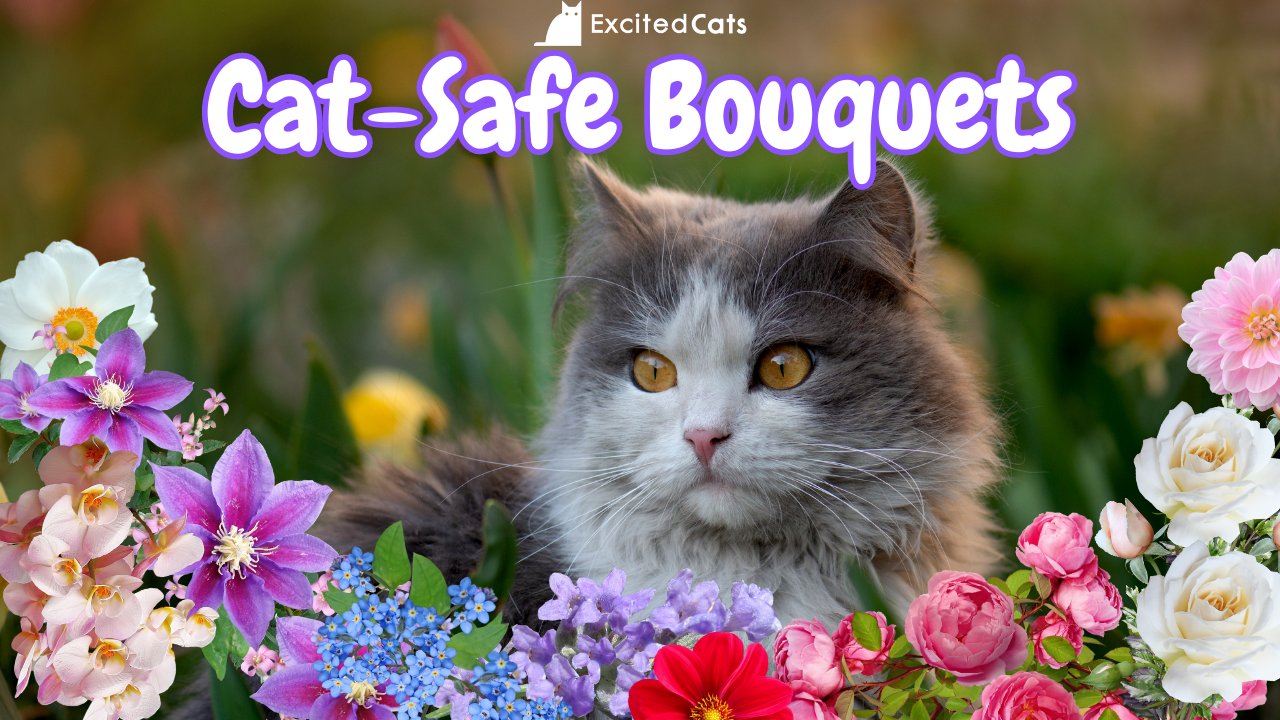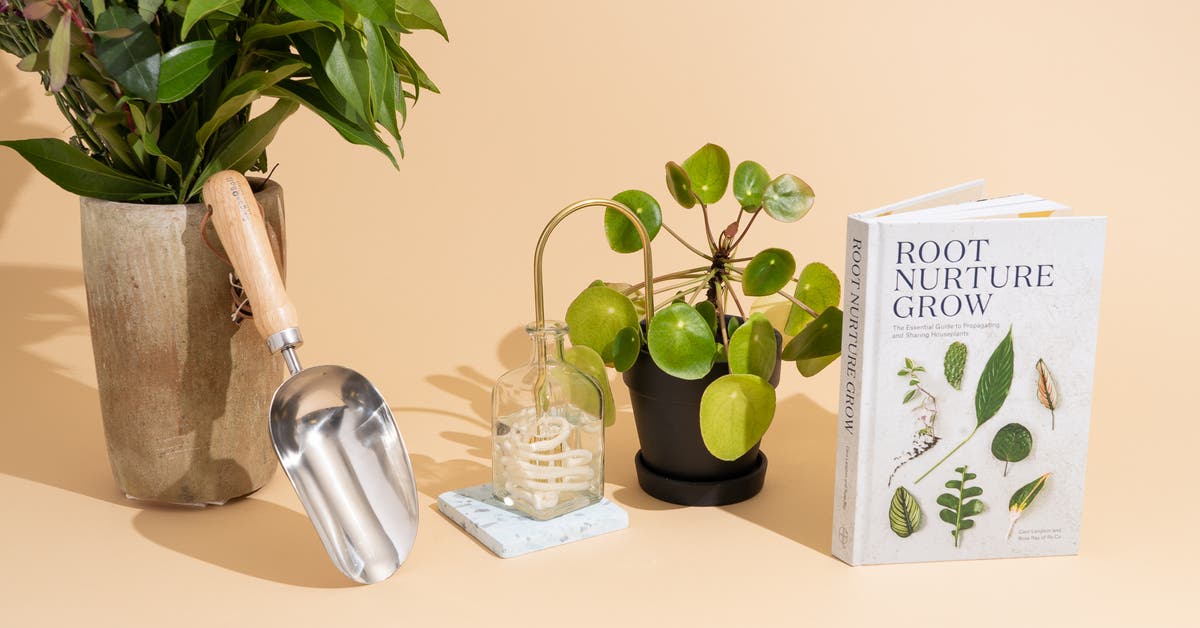Safe plants for cats include spider plants, Boston ferns, and catnip. These plants are non-toxic to cats and can be a great addition to your home decor without posing any harm to your feline friends.
However, keep in mind that some cats may still develop mild digestive disturbances if they nibble on any plants, so it’s important to monitor their behavior and consult a veterinarian if needed. With that said, let’s dive into the world of cat-friendly plants and explore some beautiful options you can safely introduce to your indoor space.
Why It’S Important To Know What Plants Are Safe For Cats
Cats and their curiosity with plants are a well-known combination. However, it is important to be aware of what plants are safe for cats. Certain plants can be toxic to them, posing a danger to their health. Creating a safe environment for your feline friend involves knowing which plants are safe to have around them.
Some common plants that are safe for cats include spider plants, Boston ferns, and catnip. These plants can provide stimulation and enrichment for your cat without risking their well-being. It is crucial to research and understand the potential risks of plants before bringing them into your home.
By being knowledgeable and proactive, you can ensure the safety and happiness of your beloved feline companion.
Common Houseplants That Are Safe For Cats
Cats are curious creatures, and as owners, it’s important to ensure their safety. When it comes to houseplants, some can be toxic to cats, leading to various health issues. However, there are several common houseplants that are safe for our feline friends.
One such plant is the Spider Plant. Known for its long, arching leaves, this plant is non-toxic and can add a touch of greenery to any indoor space. Another safe option is the Boston Fern. With its feathery foliage, this fern not only beautifies your home but also poses no harm to your furry companion.
Lastly, the Areca Palm is a safe and pet-friendly houseplant choice. Its slender, graceful fronds create a tropical vibe without any dangers to cats. By choosing these safe houseplants, you can create an environment that is both aesthetically pleasing and cat-friendly.
Cat-Friendly Outdoor Plants
Cat-friendly outdoor plants can provide entertainment and stimulation for your furry friend. Catnip, catmint, and valerian are safe choices. These plants contain natural compounds that cats find irresistible, such as nepetalactone and actinidine. Catnip is particularly popular, often inducing playful behavior, rolling, and rubbing against it.
Catmint, a close relative of catnip, has similar effects and can be planted in your garden or in pots. Valerian is another option that can entice cats with its strong scent. It’s important to note that while these plants are generally safe, some cats might have different reactions or sensitivities.
Thus, it’s important to observe your cat’s behavior around these plants and consult with a veterinarian if you have any concerns. Providing your cat with access to these safe plants can offer them an enriching and enjoyable outdoor experience.
Plants That Are Toxic To Cats
Many plants are safe for cats, but it’s essential to be aware of those that could be toxic. One such plant is the lily, which can cause severe kidney damage if ingested by cats. Another potentially harmful plant is pothos, also known as devil’s ivy, leading to nausea and vomiting.
While aloe vera has numerous health benefits for humans, it can cause upset stomach and diarrhea in cats. Therefore, it’s crucial to keep these plants out of your feline friend’s reach to ensure their safety. Alongside these specific plants, it is advisable to research and monitor the safety of other plants in your home to protect your beloved pet from any potential harm.
How To Identify Toxic Plants For Cats
Plants can bring beauty and freshness to our homes, but as cat owners, it’s crucial to know which ones are safe for our feline friends. Identifying toxic plants can help us ensure a safe environment for our cats. Understanding common toxic plant characteristics can be useful in recognizing potential dangers.
There are various resources available to assist us in plant identification, from online databases to plant experts who can provide guidance. Taking the time to educate ourselves about toxic plants can prevent any accidental ingestion that could harm our beloved pets.
By being aware of the potential hazards, we can create a cat-friendly living space that promotes their well-being and keeps them safe from any toxic plant exposure.
Symptoms Of Plant Poisoning In Cats
Plant poisoning in cats can result in various symptoms, including vomiting and diarrhea. These digestive issues are often accompanied by a loss of appetite. Cats affected by plant toxicity may also exhibit lethargy and a lack of energy. It is important for cat owners to be aware of the plants that are safe for their furry companions to avoid potential poisoning incidents.
In case you suspect your cat has ingested a toxic plant, it is advisable to seek immediate veterinary assistance. Keeping toxic plants out of a cat’s reach is key to preventing plant-related poisoning and ensuring the safety and well-being of our feline friends.
What To Do If Your Cat Ingests A Toxic Plant
If your cat ingests a toxic plant, it is crucial to take immediate action. Firstly, remove the plant from your cat’s vicinity. Next, carefully examine your cat for any signs of illness or discomfort. If your cat is experiencing symptoms such as vomiting, diarrhea, or excessive salivation, it is important to contact your veterinarian right away.
Provide the vet with information about the plant your cat ingested, if possible. Follow any instructions given by the veterinarian and closely monitor your cat’s condition. Keep an eye out for any worsening symptoms and be prepared to seek further veterinary assistance if necessary.
Remember, swift action can help prevent further harm to your beloved feline friend.
Creating A Safe Indoor Environment For Cats
When it comes to creating a safe indoor environment for your cat, it’s important to choose the right plants for your home. Cats are curious and may chew on plants, so it’s crucial to ensure that the plants you have are safe for them.
Avoid plants like lilies, daffodils, and tulips, as they can be toxic to cats if ingested. Instead, opt for cat-friendly plants such as spider plants, Boston ferns, and catnip. Additionally, consider the placement of your plants to prevent accessibility. Keep them out of reach on high shelves or hanging baskets.
Regularly check for any fallen leaves or plant parts that could pose a choking hazard. By following these tips, you can create a safe and enjoyable indoor environment for your feline friend.
Alternatives To Indoor Plants
Keeping your feline friend safe and happy is always a priority. When it comes to indoor plants, it’s important to choose alternatives that won’t harm your furry companion. Cat-friendly grasses are a great option to replace traditional houseplants. These grasses provide a natural outlet for your cat’s instinctual need to chew and play.
Non-toxic cat toys and alternatives are also worth considering. Look for toys made from safe materials, such as organic cotton or natural rubber. Additionally, you can create DIY toys using household items like cardboard boxes or crumpled paper. By making a few simple changes, you can provide a safe environment for your cat while still enjoying the beauty of indoor plants.

Credit: katzenworld.co.uk
Frequently Asked Questions On What Plants Are Safe For Cats
Can Cats Eat Spider Plants?
Yes, cats can eat spider plants. However, it’s important to monitor them as some cats may have a sensitivity or allergy to this plant. If you notice any symptoms such as vomiting or diarrhea, it’s best to keep your cat away from spider plants.
What Plants Are Safe For Cats To Have Indoors?
Some safe indoor plants for cats include spider plants, Boston ferns, and African violets. These plants are non-toxic to cats and can provide a touch of greenery to your home without posing a risk to your furry friend’s health.
Are All Lilies Poisonous To Cats?
Yes, all types of lilies are toxic to cats. Even a small ingestion can cause kidney failure and be potentially fatal. It’s crucial to keep all lilies, including Easter lilies, peace lilies, and tiger lilies, away from your cat to ensure their safety.
Conclusion
It’s crucial for cat owners to be aware of the plants that are safe for their feline companions. By cultivating a cat-friendly indoor garden, you can enhance the well-being of both your plants and your furry friends. The list of safe plants includes popular choices like spider plants, Boston ferns, and African violets.
These plants not only add natural beauty to your home but also serve as a safe source of mental stimulation for your cats. Remember to avoid toxic plants such as lilies and palms, as they can cause harm to your cats if ingested.
By taking the necessary precautions and providing a cat-safe environment, you can create a harmonious living space for both you and your cat. So go ahead and start building your cat-friendly garden, knowing that you are creating a safe and enriching environment for your beloved feline companion.



